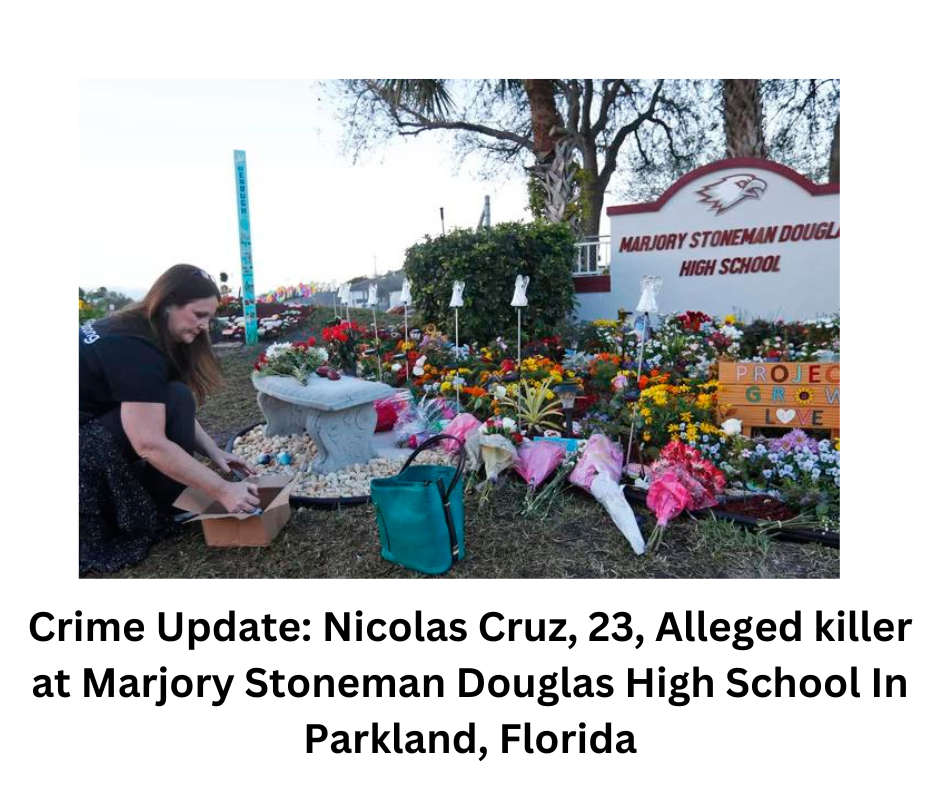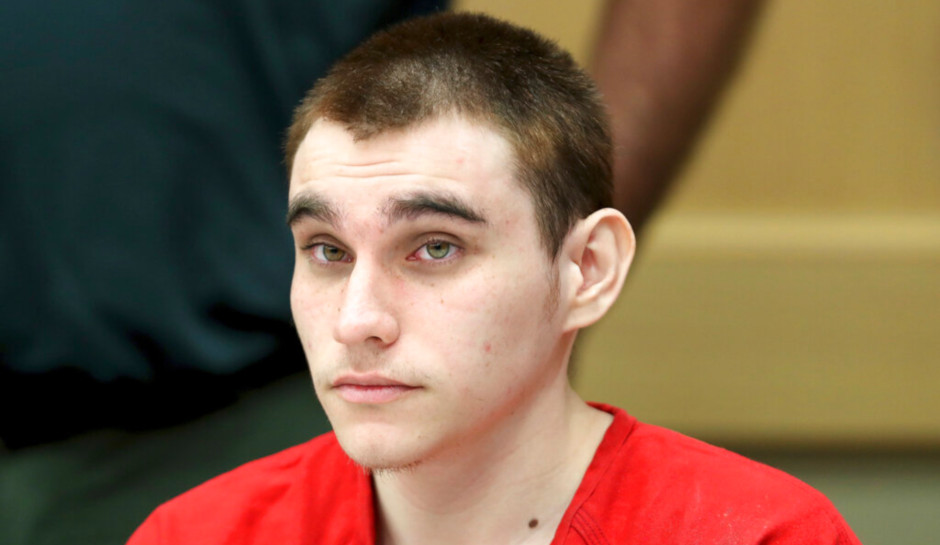Inside Look at ‘Nicolas Cruz, 23, Alleged killer at Marjory Stoneman Douglas High School In Parkland, Florida’ The sentencing trial for the gunman who killed 17 people at Marjory Stoneman Douglas High School in Parkland, Florida, more than four years ago is set to begin on Monday.
After nearly three months of jury selection, jurors must decide whether Nikolas Cruz, 23, gets a life sentence in prison or is put to death. He has already pleaded guilty to all charges.
Crime Update: Nicolas Cruz, 23, Alleged killer at Marjory Stoneman Douglas High School In Parkland, Florida
Cruz’s legal team is pushing for the only other sentence available—life in prison without the possibility of parole—while the prosecution is asking for the death penalty. (Life sentences in Florida do not permit parole.)
The trial, which is anticipated to last months, will feature testimony from witnesses and an assessment of the evidence by a jury of seven men and five women.
The jury’s decision to execute a defendant must be unanimous. Cruz will be given a life sentence unless one juror changes their mind.
The Trial Has Faced Repeated Delays
When he appeared in court last fall, Cruz, 23, pleaded guilty to 17 charges of first-degree murder and an additional 17 charges of attempted murder. At the time, he addressed the victims’ family members to apologize for his actions.
“I am very sorry for what I did and I have to live with it every day,” he said. “And that if I would get a second chance, I would do everything in my power to try to help others.”
In the pre-trial hearings, lead prosecutor Michael Satz laid out Cruz’s actions on Valentine’s Day in 2018. The former student, who’d been expelled from Marjory Stoneman a year earlier, took an Uber to the school and began firing an AR-15-style rifle at students in hallways and classrooms.
In addition to 14 pupils, three staff members, and 17 others, he also critically injured 14. He escaped the scene by blending in with escaping students and was apprehended a few streets later.
Due to the coronavirus epidemic and requests from the council, the sentencing trial has seen numerous delays. Following a school massacre in May that left 19 kids and two teachers dead in Uvalde, Texas, Cruz’s defense attorneys last month asked for yet another delay. They claimed that the tragedy had sparked feelings that would unjustly affect the trial. The motion was denied by the judge.
The Shooting Spurred A Wave Of Advocacy From The Victims
The tragedy inspired a wave of youth-driven advocacy to push for gun control. Survivors organized the nationwide March for Our Lives rallies in 2018 and again last month after the shooting in Uvalde.
A month after the shooting, Florida passed a law raising the minimum age to buy long guns such as rifles to 21. Cruz, who was 19 at the time of the shooting, had legally bought the AR-15-style rifle he used in the massacre. The law also provided more funding for security at schools and also allowed law enforcement to seize the weapons of anyone deemed a threat to themselves or others.
Read Post: Eliza Fletcher Killer, Cleotha Henderson Speaks Out As Suspect Returns To Court
As a result of the law’s passage, law enforcement officials say that over the last four years, Florida has issued more than 8,000 red flag orders to confiscate firearms.
In 2021, Parkland shooting victims and their families agreed to a $25 million settlement with the Broward County school district, after suing the district for negligence in failing to prevent the attack.
After Monday’s sentencing trial starts, the jury will also hear statements from the families of those who were killed.
This Is What To Expect
The defense is expected to argue that the gunman was impaired by mental illness. Stephen Harper, a longtime public defender who specializes in Florida death penalty cases, previously told NPR that the evidence presented may include electroencephalogram tests and other forms of brain scans.
“His mother was apparently an alcoholic and a drug abuser,” Harper said. “And in utero, he would have been exposed to very serious things that could have affected clearly his mental capacity. So those things are very relevant.”
The premeditated character of the killings, according to legal experts, would present a difficult test for the defense.
The shooter talked of his plans to kill people, his “lone life,” and his hatred for “everyone and everything” in a video that was captured prior to the massacre and later released.
Students’ heartbreaking footage of some of their classmates’ last moments as well as eyewitness accounts from survivors will be played for the jury.





